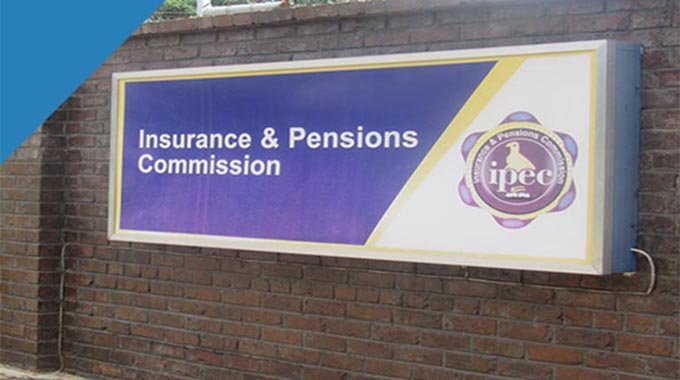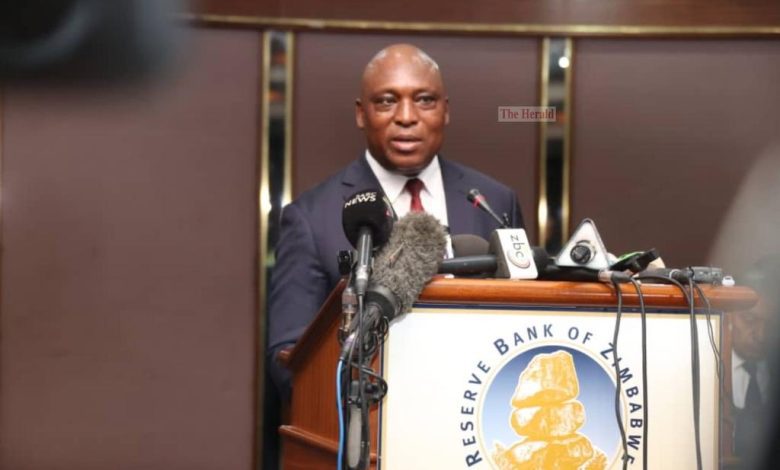Strategic reviews and annual budgets
It is long established practice in business to review strategic plans at the end of the year and use the review results to draw or update strategic plans for the next or ensuing year.
For example at the end of the current year, 2021, the current strategic plan is reviewed and it informs the strategic plan for 2022.
If a business runs without a strategic plan it is disaster waiting to happen.
Strategic reviews and strategic plan for the following year are used to draw up annual budgets for the following year. For example the 2021 strategic plan is reviewed, the 2022 strategic plan is updated and then the 2022 annual budgets are drawn up.
Again running a business without a budget is tantamount to groping in the dark.
Strategic review
A strategic review is an assessment of the current year plan. This is aimed at assessing whether the plan has been effective in achieving the planned results. If the plan has not been achieved as is usually the case, the business should investigate the underlying causes.
There could be many reasons such as incorrect planning assumptions used, funding shortages, changes in the macro-economic environment or business sector, competition and many other influences.
One factor that is usually excluded by management, for convenience and selfpreservation I suppose, is internal to the business and it is lack of effective implementation of strategic plans by management.
This is why effective performance management systems are necessary which are submitted and reviewed by the board of directors to hold management accountable.
At times, by about mid-year the strategic plan is already forgotten and boards and management may default to what they are comfortable with or what they have done in the past.
It is advisable not to wait and only carry out a review at the end of the year when it could be too late. Some businesses do a strategic review every quarter or half year especially in unstable economic environments.
A review of the strategic plan will look at various aspects such as the following:
- The corporate vision.
- Even mission or the business of the entity.
- Corporate targets
- Functional or departmental targets
- Corporate and functional or departmental action plans.
- Resource requirements, critical success factors, key performance indicators.
Models relevant to the business such as the PESTEL model on external factors affecting the business being political, economic, social, technological, environmental and legal factors.
SWOT analysis is used to analyse strengths, weaknesses, opportunities and threats. Other models include Porter’s 5 forces and others that are specific to an industry or a business.
Usually the strategic review, if done objectively and properly, will inform the board of directors and executives on what needs to be done better in future.
Updated strategic plan
The strategic review is not an end to itself. Results thereof are used to update or draw up a plan for the following year, with such plans covering say 2-5 years or even 10 years.
The planning period tends to be shorter in unstable economies due to uncertainty as changes can be so fast and unpredictable.
Annual budgets
Annual budgets covering the ensuing 12 months, usually January to December of each year, are prepared by the end of December of the current year for next year at the latest by January of the year to which the annual budgets apply.
It is also best practice that the budgets be approved by the board of directors by end of the current December or latest by January of the year they apply to.
The format of annual budgets is influenced by current or previous budgets or information requirements of the internal users.
Usually a business has a format or a template that suits its unique situation or financial planning requirements. Some of the statements or reports you find in annual budgets include the following:
- Projected Income Statement detailing income and expenses.
- Capital expenditure budget with details of planned capital expenditure, item by item,
- cost and time of expenditure.
- Projected cashflow statement or simply cash budget.
- Projected Statement of Financial Position (previously called Balance Sheet).
- Schedules supporting budgets
Some of the key schedules or sub reports supporting the annual budgets include the following:
- Projected sales budget comprising volumes and prices.
- Production budgets made up of production volumes and costs.
- Material resource planning budgets showing required materials.
- Human resource budget with projected head count and staff costs.
Planning assumptions
A budget is anchored on some planning assumptions and if these are varied usually alter the budget figures. Some of the assumptions include those listed below:
- Inflation.
- Exchange rates.
- Funding availability.
- Interest rates.
- Industry wide volumes.
- Competition and market share.
- Pricing formulas.
- Capacity availability and utilisation.
Budget review
Reviews should be carried out regularly. Usually where management accounts are prepared actual results are compared with budgeted results and variances reported, investigated and reasons thereof reported. This allows management to take corrective action for example where there are low volumes or negative cost variances.
Companies may also carry out detailed reviews of budgets but this is usually done at the same time as the strategic review. It is therefore possible to carry out the two concurrently. This will inform a business whether to remain on the same course of action or to change it.
Conclusion
Strategic planning, strategic review and annual budgets are critical tools used in business. Where they are not used chaos prevails.
Disclaimer
This simplified article is for general information purposes only and does not constitute
the writer’s professional advice.
Godknows (GK) Hofisi, LLB(UNISA), B.Acc(UZ), CA(Z), MBA(EBS,UK) is a legal
practitioner / conveyancer, chartered accountant, corporate rescue practitioner,
registered tax accountant and consultant in deal structuring and is an experienced
director of companies. He writes in his personal capacity. He can be contacted on +263
772 246 900 or/gohofisi@gmail.com-The Herald










